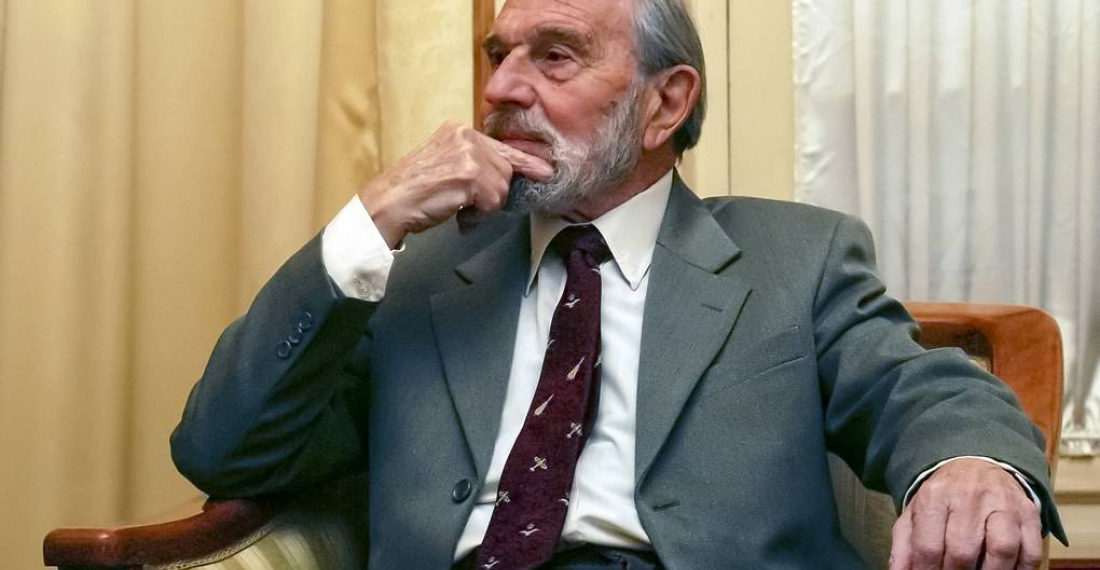The British double-agent, George Blake, an MI6 operative who spied for the Soviet Union, died at the age of 98.
"Today, the legendary intelligence officer, retired colonel of the SVR of Russia, George Blake, is gone. He sincerely loved our country, admired the feat of the people in the Great Patriotic War," a spokesperson for the Russian Federal Security Service (SVR) said on Saturday (26 December)
On November 11, George Blake turned 98 years old. He was born on November 11, 1922 in Rotterdam, served in MI6, but switched to the side of Soviet intelligence and for more than 20 years he was a double agent, passing on secret data to the USSR that allowed British agents to be exposed. From Blake came intelligence reviews of the British War Office, and data on the degree of awareness of the British and Americans in the military secrets of the USSR. Because of the betrayal, Blake was sentenced to a 42-year prison sentence for espionage, but he managed to escape and leave for Russia. Blake was promoted to colonel in foreign intelligence.
In the course of nine years, Blake is said to have betrayed details of some forty MI6 agents to the KGB, destroying most of MI6's operations in Eastern Europe, although this remains unsubstantiated.
source: commonspace.eu with TASS (Moscow)
photo: The British double-agent, George Blake (archive picture)







